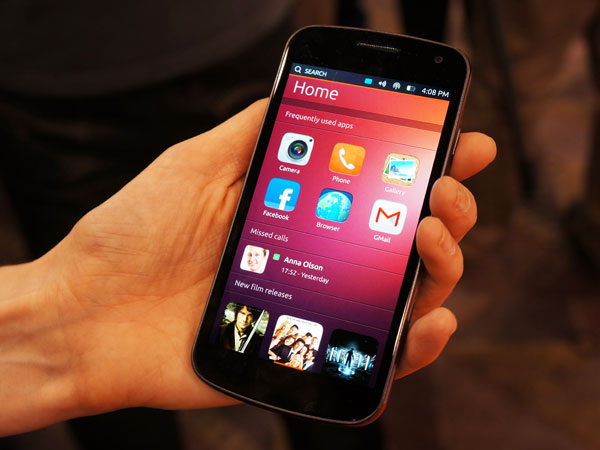A new version of Windows and Ubuntu on the same day? This must be geek Christmas.
Right on the heels of Windows 8.1, Canonical has released Ubuntu 13.10, the latest version of its beloved Linux operating system. While there aren’t many cosmetic changes this time around, Ubuntu does show that Canonical is still very serious about the “one OS, every device” strategy it’s been talking about so much.
That strategy is pretty straightforward: Canonical’s plan for the future of Ubuntu is an operating system that works just as well on smartphones as it does on desktops. This means creating an OS that not only has lower hardware requirements but also isn’t too taxing on the limited batteries in mobile devices.
For Canonical, that ambition goes a bit further: The company is calling Ubuntu 13.10 its “first true mobile release,” which should probably tell you need to know about it.
But what about Windows? While Ubuntu 13.10’s release seems poorly timed, it’s also in all likelihood a hugely symbolic move.
Think about it from the strategy perspective: Both Ubuntu and Windows are taking slightly different approaches to the same problem. Windows 8.1 is Microsoft’s attempt to bridge the gap between desktops and tablets, and Ubuntu is Canonical’s effort to bridge the gap between all devices — including tablets, and smartphones, but also set-top boxes.
Only time can tell which strategy will end up making more sense.


